Psilocybin, a compound found in magic mushrooms, has become a focal point of interest for those seeking alternative therapeutic experiences. While global awareness of psychedelics has grown, it’s crucial to focus on the legal landscapes that define the accessibility of these substances. This article provides a concise examination of the status of psilocybin in two notable locations – Jamaica and Costa Rica.
In the Caribbean nation of Jamaica, psilocybin has never been prohibited, setting it apart from many countries globally. Unlike its counterparts, Jamaica has not classified psilocybin as a controlled substance under its Dangerous Drugs Act. This unique legal stance has paved the way for Jamaica to position itself as a burgeoning leader in the global psilocybin landscape.
Conversely, Costa Rica’s stance on psilocybin is marked by a more cautious approach. While superficially perceived as a destination with a legal framework for psychedelics, recent developments suggest a measured stance. A press release from Costa Rica’s Ministry of Health in March 2022 urged vigilance regarding activities related to ayahuasca, signaling a need for awareness and regulation.
This article navigates through the legal nuances of psilocybin in Jamaica and Costa Rica, shedding light on the distinct approaches these nations have adopted toward the regulation of magic mushrooms. By understanding the legal frameworks in these locales, readers can gain insights into the evolving dynamics of the global psychedelic landscape.
Key Takeaways
- Jamaica’s distinct legal stance, excluding psilocybin from controlled substances, creates a permissive environment for the psychedelic industry to thrive.
- Costa Rica’s legal framework, while accommodating Ayahuasca retreats, reflects a cautious approach.
- Notable personalities choosing Costa Rica for Ayahuasca trips highlights the region’s popularity.
- Jamaica’s permissive legal environment fosters the growth of a vibrant psychedelic industry and also attracts high-paying tourists.
Psilocybin in Costa Rica
In Costa Rica, the legal stance on psilocybin is notably shaped by the presence of Ayahuasca retreats that attract individuals seeking multi-day experiences. The popularity of such retreats has been underscored by high-profile personalities like Megan Fox and Machine Gun Kelly, who chose Costa Rica for their Ayahuasca trip.
Unlike Jamaica, where psilocybin has never been prohibited, the legal status in Costa Rica warrants closer scrutiny. While Ayahuasca retreats are prevalent and contribute to the nation’s reputation as a destination for psychedelic experiences, recent developments indicate a more cautious approach. The Costa Rican Ministry of Health’s press release in March 2022 cautioned against activities related to Ayahuasca, urging the population to remain vigilant.
Costa Rica’s status as a destination for psychedelic exploration is further complicated by the influx of individuals seeking transformative experiences. The presence of Ayahuasca retreats, while popular, exists within a legal framework that requires ongoing attention and regulatory measures.
In comparing Costa Rica to Jamaica, it becomes evident that the legal landscape in Jamaica is more favorable for psilocybin enthusiasts. Jamaica’s unique position of not listing psilocybin as a controlled substance has attracted foreign companies, leading to the establishment of mycology labs and resorts. The Jamaican approach fosters an environment conducive to the growth of a nascent psychedelic industry.
While Costa Rica has garnered attention for its Ayahuasca retreats, the legal nuances and recent regulatory signals suggest a more measured environment compared to Jamaica. The cautious approach in Costa Rica, as evidenced by the Ministry of Health’s release, prompts a closer examination of the legal frameworks in both countries. Ultimately, while each destination offers distinct opportunities for psychedelic exploration, the legal favorability in Jamaica positions it as a notable player in the evolving global psilocybin landscape.
Psilocybin in Jamaica
Jamaica stands out as a distinctive player in the global psilocybin landscape due to its unique legal stance on magic mushrooms. Unlike many countries, Jamaica has never classified psilocybin as a controlled substance under its Dangerous Drugs Act, setting the stage for a burgeoning psychedelic industry.
The absence of legal restrictions has positioned Jamaica as an attractive destination for foreign companies, leading to the establishment of mycology labs and resorts. This influx of external interest has not only contributed to the growth of the local psychedelic industry but has also drawn thousands of high-paying tourists seeking psilocybin-assisted treatments.
In contrast to Costa Rica, where legal scrutiny and recent cautionary measures surround Ayahuasca retreats, Jamaica’s legal framework for psilocybin remains more permissive. The absence of legal barriers fosters an environment conducive to the expansion of the psychedelic industry, making Jamaica a standout destination for those seeking psilocybin experiences.
The legal favorability in Jamaica, coupled with the absence of restrictions on magic mushrooms, positions it as a preferred location for individuals seeking a more open and accessible environment for psychedelic exploration. In comparison to other destinations, Jamaica emerges as a notable leader in providing a legal framework that encourages the growth and development of the psilocybin industry, making it a distinctive choice for those looking to explore the therapeutic and experiential aspects of magic mushrooms.
Growing Industry in Jamaica
Jamaica’s progressive legal stance on psilocybin has not only fostered the growth of a burgeoning psychedelic industry but has also significantly impacted the nation’s economy. In contrast to other jurisdictions, such as Costa Rica, the Jamaican landscape has attracted substantial foreign investment and positioned itself as a pivotal player in the evolving global market for magic mushrooms.
The establishment of mycology labs in Jamaica reflects a strategic commitment to research and development within the psychedelic sector. These labs not only contribute to scientific advancements but also serve as a foundation for responsible exploration and cultivation practices, distinguishing Jamaica as a leader in the field.
A notable facet of Jamaica’s psychedelic industry is the rise of resorts offering psilocybin-assisted treatments. This trend has not only drawn international attention but has also translated into a tangible economic boost. The influx of high-paying tourists seeking these treatments has created a lucrative niche market, contributing significantly to the tourism and hospitality sectors.
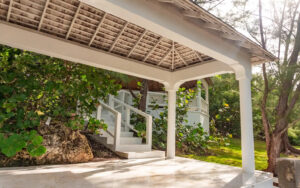
Beyond the immediate economic benefits, the growth of the psilocybin industry in Jamaica has generated employment opportunities and spurred innovation. The demand for skilled professionals, from researchers to hospitality staff, has created a dynamic job market, further enhancing the economic fabric of the nation.
Comparatively, the economic impact of the psilocybin industry in Jamaica surpasses that of countries with more restrictive legal frameworks, such as Costa Rica. Jamaica’s ability to attract foreign investment, stimulate tourism, and create a conducive environment for industry-related activities sets it apart as a key player in the global psychedelic market. The economic implications of Jamaica’s permissive approach to psilocybin underscore its strategic positioning and economic contributions within the rapidly evolving landscape of psychedelic industries worldwide.
Summary of Comparative Insights
In evaluating the legal landscapes and burgeoning industries related to psilocybin in Jamaica and Costa Rica, a distinct contrast emerges, emphasizing Jamaica’s advantageous position in the global context. Jamaica’s unique legal stance, refraining from categorizing psilocybin as a controlled substance, has not only differentiated it from numerous nations but has also propelled it to the forefront of the evolving psychedelic industry.
The establishment of mycology labs in Jamaica signifies a commitment to scientific exploration and responsible practices within the psychedelic sector. This dedication has fostered an environment that encourages innovation, attracting foreign companies and professionals seeking to contribute to the industry’s growth. In tandem, the rise of resorts offering psilocybin-assisted treatments has not only attracted high-paying tourists but has also catalyzed economic prosperity, contributing to Jamaica’s overall economic fabric.
Comparatively, Costa Rica’s legal framework, while accommodating Ayahuasca retreats, reveals a more cautious approach, as evidenced by recent regulatory measures. This contrasts with Jamaica’s permissive legal environment, which has proven instrumental in fostering a dynamic and expanding psychedelic industry.
In conclusion, the legal favorability and economic impact of the psilocybin industry in Jamaica distinguish it as a preferred destination for those seeking psychedelic experiences. The nation’s strategic positioning, characterized by openness to research and responsible exploration, positions Jamaica as a leading player in the evolving global landscape of psychedelic industries, providing valuable insights for individuals navigating the choices between destinations for their psilocybin-related pursuits.

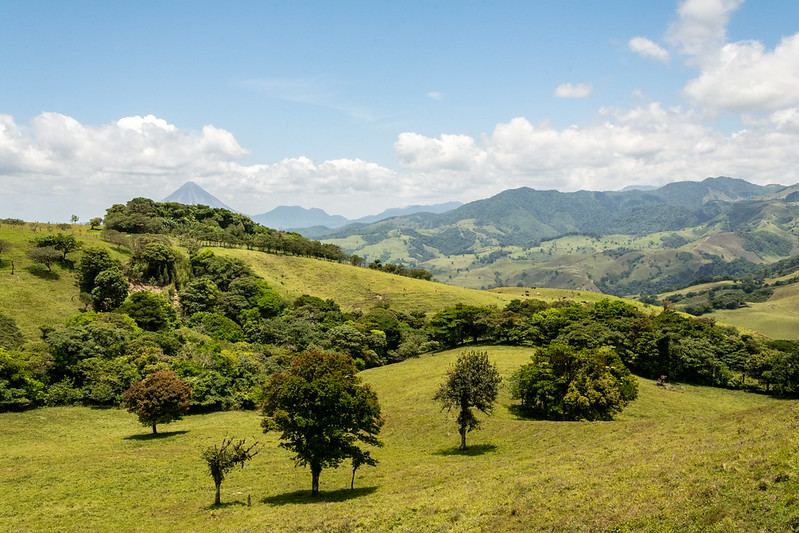
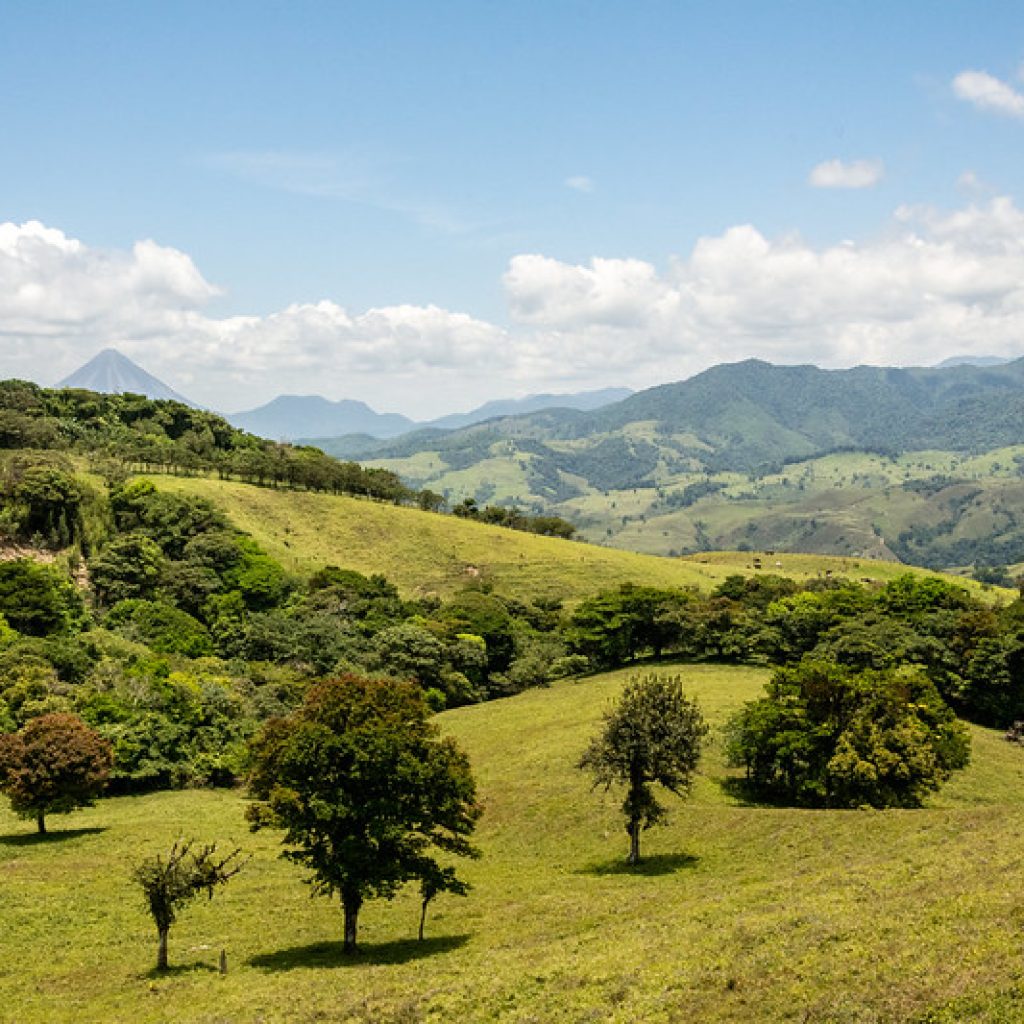
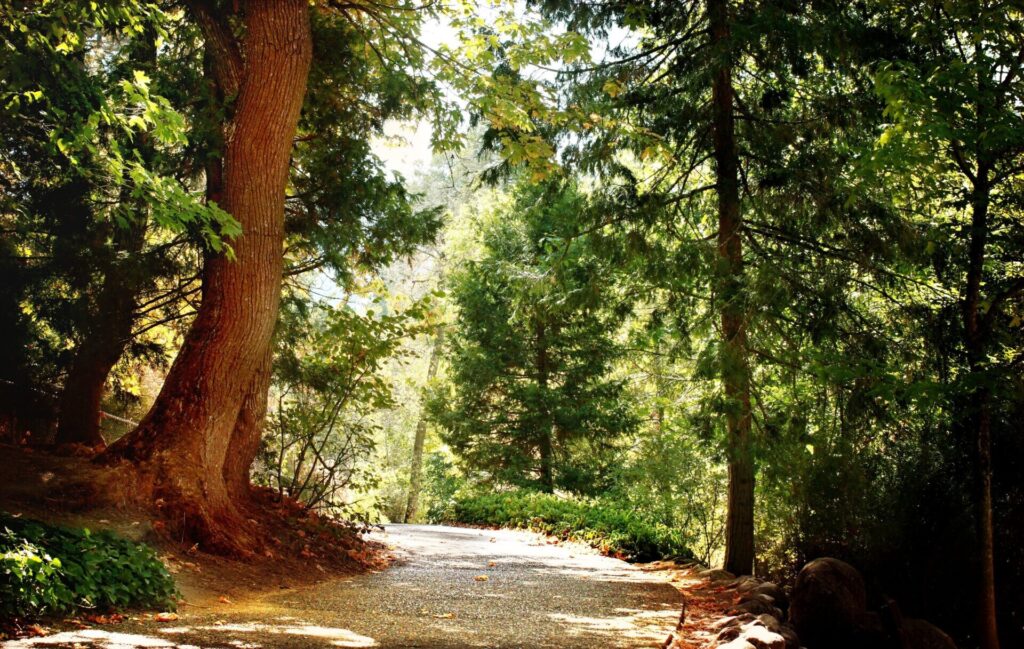
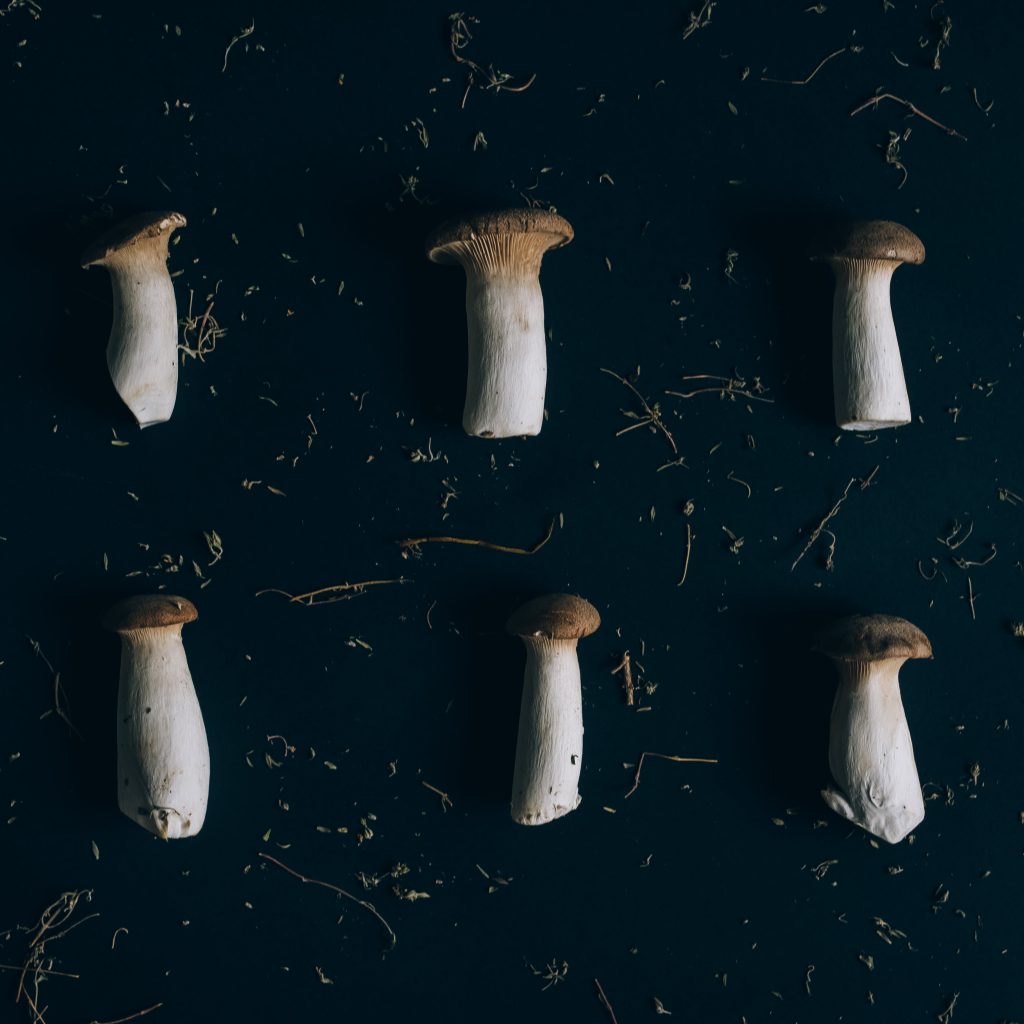
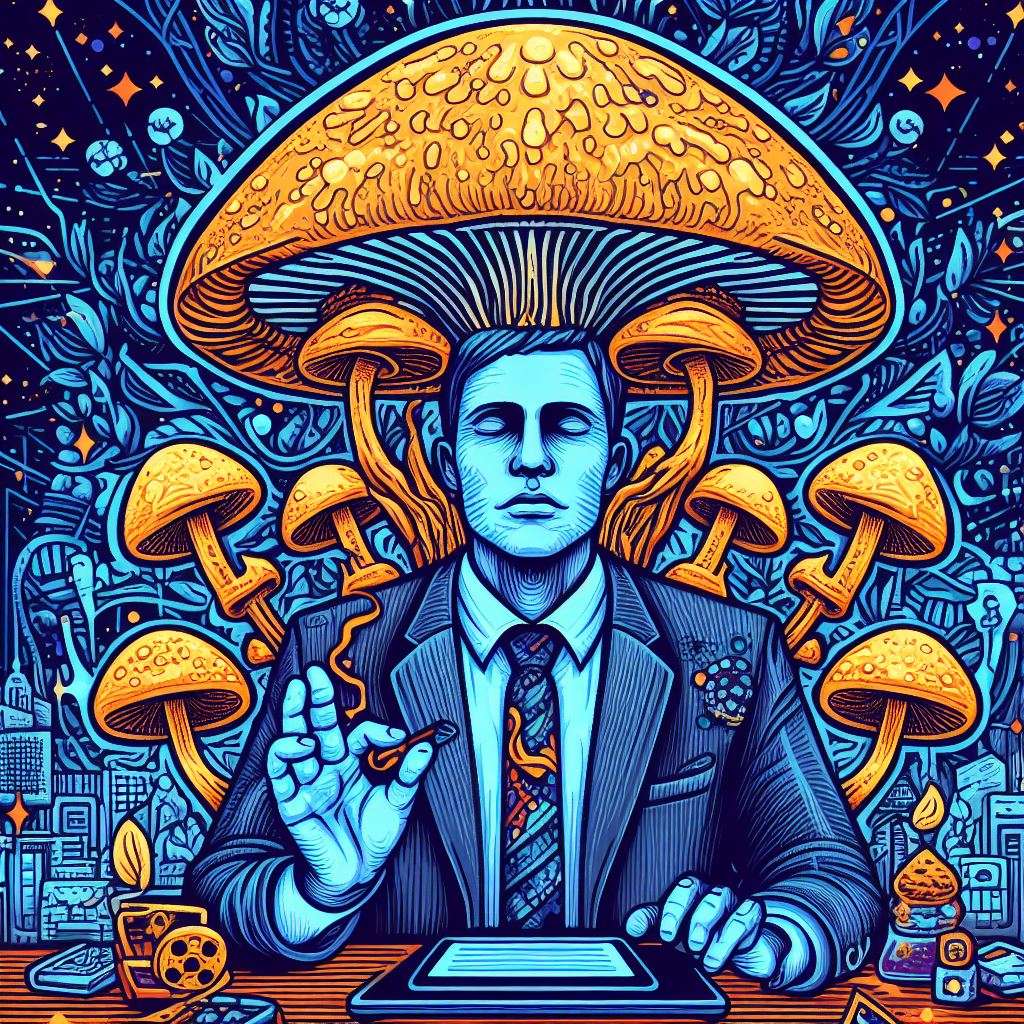
No comment yet, add your voice below!